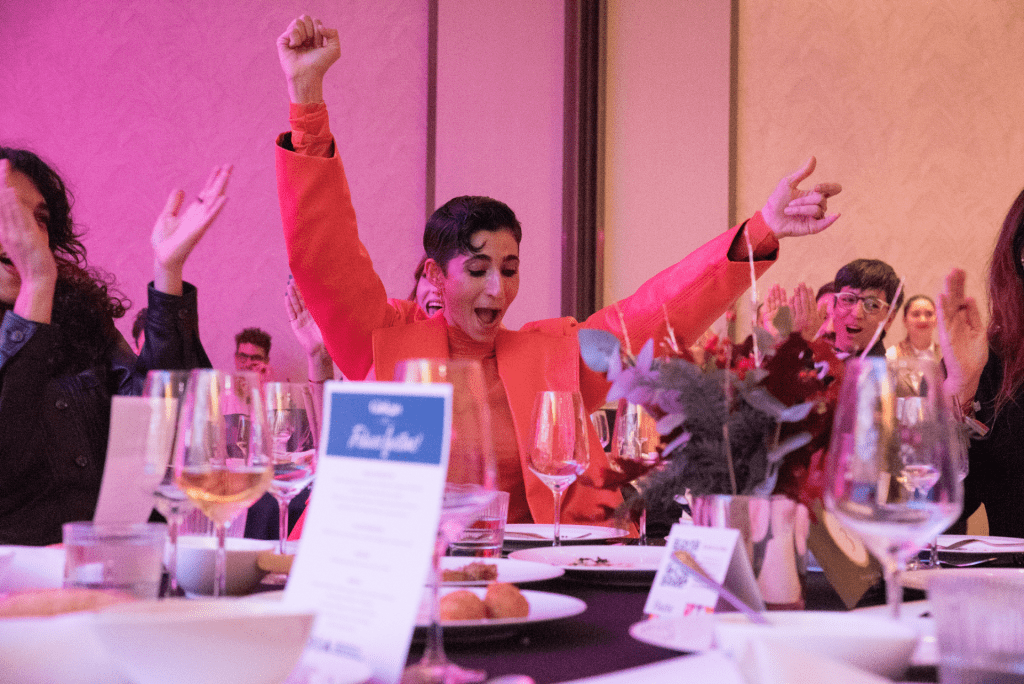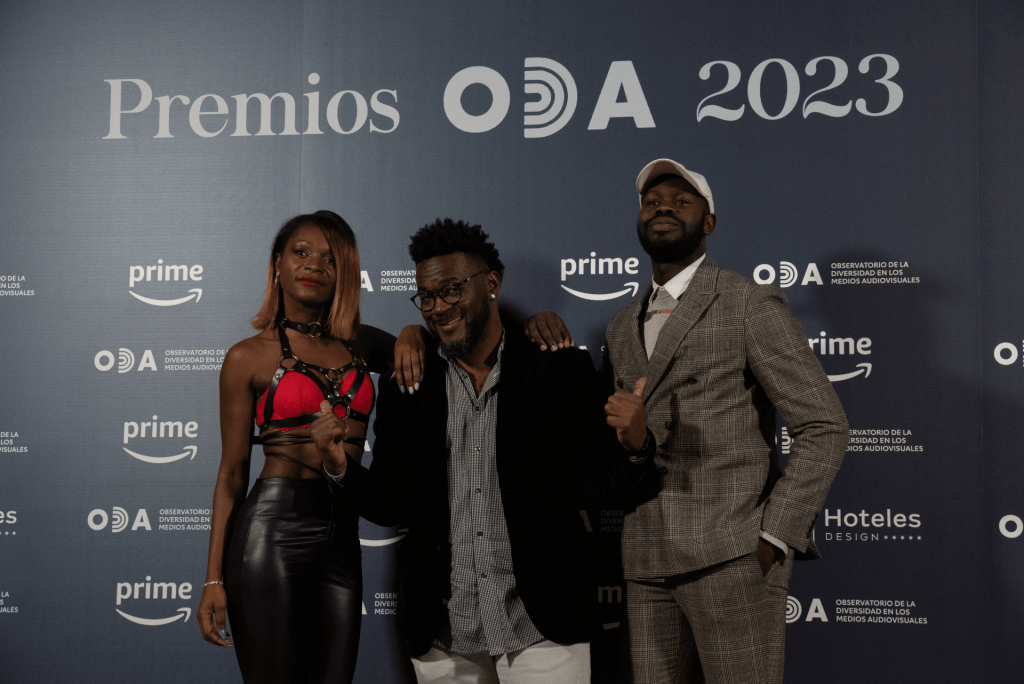By Dr Miguel García López, Senior Lecturer in the Department of Hispanic, Portuguese and Latin American Studies, School of Modern Languages
Dr Miguel García López tells us about a collaborative project which seeks to increase the visibility of LGBTQIA+ people in audio-visual media. With LGBTQIA+ characters in film and television productions consistently underrepresented, Miguel’s research is a timely intervention. The project recently received an AHRC Impact Acceleration Account Award and underlines the positive effect arts and humanities research can achieve.
Existing research on the social impact of audio-visual work underscores the stagnant and low levels of diversity in audio-visual media and focuses on the representation of diversity as a driving factor of structural change. Through my work on queer film and television in the Hispanic world, I’m interested in exploring how the 21st century has brought about important changes in terms of LGBTQIA+ visibility and discourses around diversity and inclusivity in Spanish-speaking contexts. This is how I came in contact with ODA (Observatory for Diversity in Audiovisual Media), which is the primary organisation monitoring, analysing, and providing public data on diversity levels in audio-visual representation in Spain. The organisation produces an annual report on the representation of LGBTQIA+ and minoritized communities in film and television and provides training and consultation services to filmmakers, filmmaking companies (Netflix, Prime Video), policy makers in governmental institutions (the Spanish Institute of Cinematography and Audio-visual Arts, the Ministry of Culture) and individuals on how to produce inclusive audio-visual works and embed inclusivity and diversity into events, communications, and activities.

Our project ‘Queer Screen Cultures in the 21st Century’ seeks to increase the visibility, inclusion, and agency of LGBTQIA+ people and minoritized communities in audio-visual media. Funded by the AHRC Impact Accelerator Account Knowledge Exchange Placement scheme, the project involves a six-month collaboration between Dr Miguel García López and ODA, which will help the partner organisation reach wider audiences through training and knowledge exchange activities, bringing together academics working in the fields of queer and film studies and non-academic members from the audio-visual industry. These will involve training and consultation events in Spain and the UK, the translation of ODA’s annual report into English and the creation of a transnational network through an online newsletter, enabling both the partner and the researcher to engage with key stakeholders, establish transnational links between Spain and the UK and develop a sustainable long-term collaboration. Dr Simon Brownhill, Senior Lecturer in Education, has also recently joined the project as Research Ethics lead and will support with data collection, analysis and dissemination.

I will work closely with the partner organisation, collaborating in the creation of the organisation’s annual report, providing academic research expertise in training and consultation activities, and helping ODA to establish a transnational network for the promotion of diversity in audio-visual media. We will combine our research on queer audio-visual culture, consultation and advising services and activities monitoring the representation of diversity in film and television to attain structural social change in the audio-visual industry in Spain and the UK. Our collaboration will provide a bi-directional space of learning and knowledge exchange for subjects with lived experience of discrimination and inequality and for stakeholders in the audio-visual industry seeking further diversity and inclusion. This placement will help us build and maintain an environment and culture that enables effective and ambitious knowledge exchange and impact, including development of skills, capacity and capability within the University and address cultural barriers for arts/cultural sector collaborations with Higher Education Institutions.
Dr Miguel García López is Senior Lecturer in Hispanic Studies and researches on queer representation in Hispanic film and television. He collaborates with UK filmmakers and organisations like the British Film Institute. To find out more about Miguel’s research and the ODA partnership, please contact miguel.garcialopez@bristol.ac.uk.
*Images taken from ODA’s official website (oda.org.es): ODA’s logo and images from this year’s ODA Awards ceremony, celebrating diversity and inclusion in Spanish audio-visual media.

